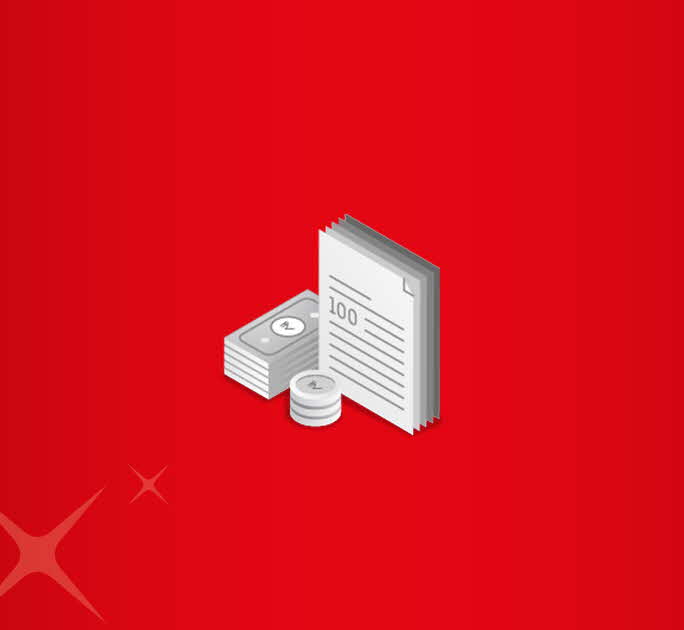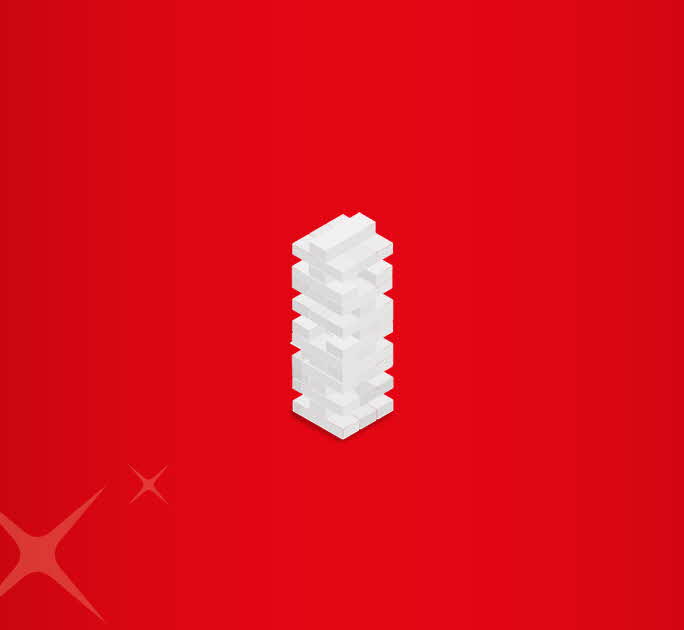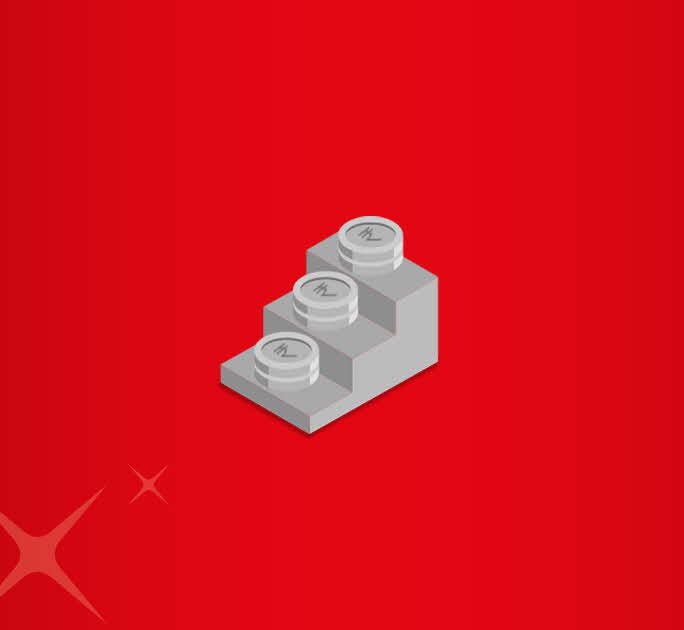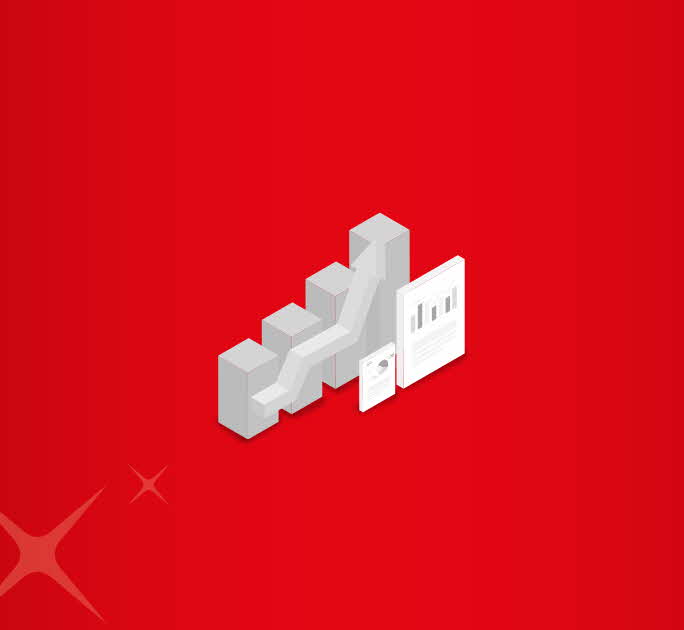- Save
- Invest
- Borrow
- Pay
- More
- NRI Banking
- Customer Services

Structured Products in India
Structured Products are designed to meet unique risk-return objectives. These objectives are achieved by taking conventional underlying assets and replacing their usual returns with non-traditional payoffs from other underlying assets.
Fundamentally, the returns from structured products are linked to traditional returns from underlying assets. However, they are combined with swaps, futures, and other derivative products to leverage higher participation in case of an upside or a downside. Structured Products offer the flexibility to the investors in choosing a customized payoff that typically is a combination of fixed and variable market linked return over the period of the investment suiting their own risk-return objectives with efficient tax planning. Structured products in India are often linked to NIFTY performance and downside protected up to the capital deployed (however not necessarily always).
Typical structured products in India have the following components
- A bond: The bond component ensures capital protection. At any point in time, if the underlying asset does not perform as anticipated, the investor gets the capital invested returned 100%
- One or more underlying equities: The underlying asset improves the return on the investment. The underlying would be a single instrument or a basket of instruments, which could be any asset class such as equity, debt, index, ETF, currency or interest rate.
- A derivative of the underlying asset: The derivatives component helps determine the overall risk in the product. The commonly used derivatives are options on the underlying asset. The derivative determines that the instrument allows investors to achieve a targeted return on investment by customizing the underlying asset classes to meet set financial goals.
Features of Structured Products
- Tenure: These products are usually long-term in nature requiring a lock-in of at least 12 months and an investment horizon of 2-3 years to gain maximum returns.
- Fees: Like any professionally managed financial instrument, structured products also attract fees that could vary.
- A mix of conventional instruments: A structured product is always an amalgamation of multiple financial instruments integrated to achieve a pre-determined goal.
- Ticket Size: Structured products require a minimum investment of Rs 10 lakhs by an investor if invested directly. The ticket size will vary across issuers. If the investor invests through PMS route, the minimum ticket size is Rs. 25 Lakhs under PMS guidelines in India.
- Risk: The risk of structured products purely varies on the way they are structured. It can range from conservative to aggressive, depending on your preference.
- Types: Structured products could be fully protected, partially principal protected, or without any principal protection investments.
How do structured products in India work?
Let us assume we invest Rs. 100 in a straightforward, structured product offering capital protection. The investment horizon you have in mind is 3 years. Rs. 77 out of 100 is invested in a debt instrument whose value at the end of the maturity period is Rs. 100.
The remaining Rs. 23 of the amount can be employed in purchasing partially in another asset class and partially in derivative instrument. Let us say in this case, entire Rs. 23 is invested in a call option on NIFTY. You pay a premium to buy a call option on NIFTY at the end of three years at the current price. You buy two options as the premium is priced at 11.5 giving you access to two times the NIFTY returns at the end of the duration.
At the end of the tenure, the debt portion of the investment has matured to Rs 100. The NIFTY generated 20% returns over the three-year window. These returns imply that the call option reaps Rs. 40. The total return on the maturity of the structured product is Rs. 140. However, if the NIFTY falls below the level of investment made today, no value is returned from the derivative and the fund generates only Rs. 100 with the capital protection clause.
Thus, in this illustration, if there was no capital protection clause and the underlying derivative lost value, the investor could also lose the principal money invested. In this case, there is a notional loss of interest which the investor could have earned by investing in any other instrument for the same tenure.
Advantages
- Highly Customizable: The product is designed to be customized uniquely for you.
- Meet Varied Objectives: Structured products can be tailor-made to achieve your unique products. Be it growth, income, or a combination of both.
- Monetize Market Views: You, as an investor, have the flexibility to customize a product that lets you benefit from your particular market views. Structured products are exceptional products to maximize from your ability to predict markets.
- Choice of capital protection: You could also benefit from the capital protection clause by choosing such structured products.
Things to Keep in Mind
- Complex Instruments: Remember that Structured Products are complex. They are an integration of varying risk-bearing instruments including derivatives. As an investor, you must understand the inherent risks to the investment.
- Not Liquid: Unlike other liquid instruments, structured products are not liquid. Given their intrinsic nature, they are not traded in the secondary market and are hence, not liquid. You should have accessible funds without relying on your structured products investments in case of any emergency. As an investor you should intend to hold the structure till maturity.
- Risk Tolerance: Before investing in structured products, you must assess your tolerance level for risk and how much money you would be comfortable losing. Are you dependent on the income generated from structured products, or is it just the benefit from the upswing?
- Credit Risk: The 100% return of principal at maturity is subject to the credit risk of the issuer of underlying debenture. The overall demand for the Issuer’s products is linked to various micro and macro economic parameters like GDP growth, business cycles, liquidity, etc,. Any adverse movement in these factors will have an adverse impact on the business of the Issuer and ultimately on the credit profile of the issuer.
Structured Products in India offer retail investors easy access to derivatives. Given today’s volatile markets, these products allow investors not only to survive, but also gain from its volatility.
DBS Bank offers Mutual Funds that are instant, paperless, signatureless – even transaction fee-less! What’s more? You get to choose from 250+ Mutual Funds across 15 top-performing asset management companies. So why wait? Login to digibank (app or internet banking) and start investing in a flash with instant Mutual Funds on DBS Bank.
Read up more on Mutual Funds here
Mutual Fund investments are subject to market risks, read all scheme related documents carefully before investing.












